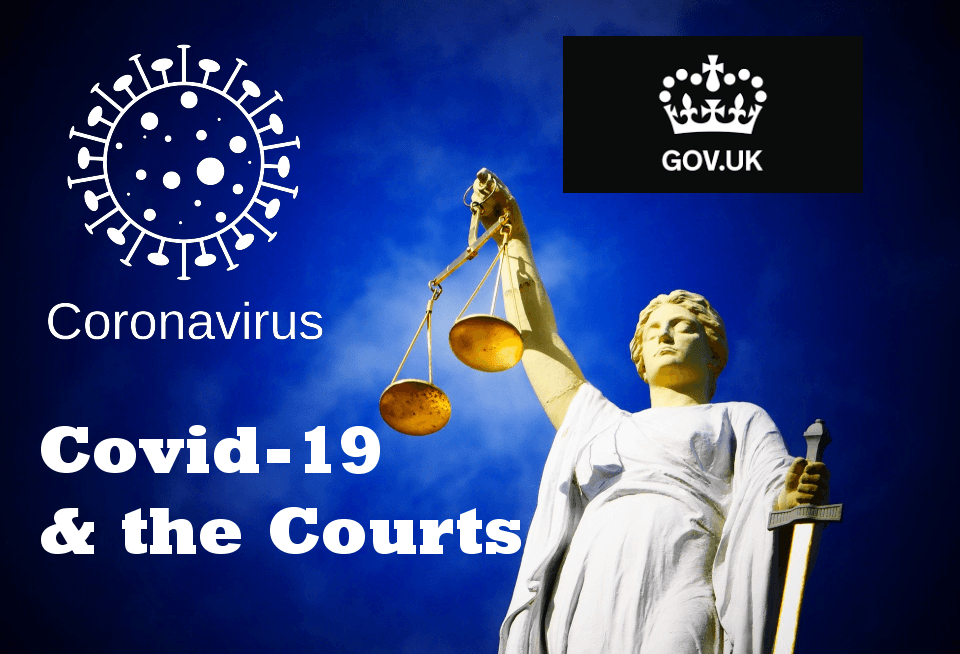We are now into the fourth week of the lockdown and the world looks very different. Whilst some aspects of life are now on hold, there are some areas which are vital and must continue. Our judicial system is one of them. But how can justice still be delivered during a lockdown? What this means for you is that your family matters can still be addressed , at court, but your lawyers and all parties will need to agile for remote filing and hearings and the court’s will actively seek to encourage consider alternative dispute resolution methods, such as arbitration, mediation, private FDRs etc
How it will operate ?
Following the Prime Minister’s announcements of social distancing on 16 March 2020 the family courts were quick to issue guidance. On 17 March 2020, Mr. Justice Mostyn, National Lead Judge of the Financial Remedies Courts, set out measures that would now be in place to support the social distancing requirements. Those measures are as follows:
- First Appointments should be done using the “accelerated” paper-only procedure in the Fourth Schedule to the FRC protocol, where possible. Judges should accept consent orders dealing with First Appointments routinely;
- Parties should be encouraged to have private FDRs which should be carried out remotely as the majority of barristers’ chambers and solicitors’ offices have facilities to enable FDRs in this manner;
- Hearings should take place either by Skype or telephone;
- Physical hearings may only take place where absolutely necessary;
- Filing and handling of physical bundles should be avoided. E-bundles and electronic filings should be used where possible; and
- FRC judges should work from home as much as possible in line with the social distancing measures.
Following this guidance, on 19 March 2020 Sir Andrew McFarlane, President of the Family Division and Head of Family Justice, issued “Covid-19: National Guidance for the Family Court”, which set out more detailed guidance on how the new remote courts would work. At paragraph 2 he says:
“The aim of the Guidance is to ‘Keep Business Going Safely’. There is a strong public interest in the Family Justice System continuing to function as normally as possible despite the present pandemic. At the same time, in accordance with government guidance, there is a need for all reasonable and sensible precautions to be taken to prevent infection and, in particular, to avoid non-essential personal contact.”.
On 23 March 2020, the day the lockdown was announced, Mr Justice MacDonald issued guidance entitled “The Remote Access Family Court” where the aim of the document
“is to identify clearly the current problems which arise from the urgent need to move to a default position of remote hearings, to identify potential solutions to those problems and to set out operational protocols to govern the position whilst further solutions are being arrived at. As solutions are found to each problem, updated versions of this document will be circulated.”
At the time of writing this article the current version is Version 3 and is dated 3 April 2020. It can be found here. It provides practical guidance as to how remote hearings are set up, recording those hearings and the different platforms that can be used, amongst other practical matters.
On 30 March 2020, HHJ Martin O’Dwyer, Lead Judge of the London Financial Remedies Courts, issued yet further guidance dealing with FRC hearings listed in the Central Family Court between 6 April 2020 and 1 May 2020. This guidance helpfully sets out which financial remedies cases the court considers to be urgent (maintenance pending suit, interim maintenance, Legal Services Payments Orders, Enforcement by D50K and D11) and non-urgent hearings (First Appointments, FDRs, Final Hearings, Directions hearings and Mention hearings). The guidance is clear that parties must consider alternative dispute resolution methods, such as arbitration, mediation, private FDRs etc. Further, if the court is not satisfied that the parties have properly considered these alternative methods, then the hearing will be adjourned so that ADR can be explored.
Resolution will be actively encouraged
Whilst the courts remain open, albeit remotely, it is now clear that for all non-urgent cases, the parties must consider alternative dispute resolution methods, and, if they are suitable, to conduct the case through that method rather than through the court process, leaving the courts available to deal with the most urgent of cases during this time. As resolution lawyers our goal has always been to seek this means to address family issues, where possible, to preserve relationships, reduce costs and especially where children are minimise the disruption. We work with parties to try and reach a resolution even more so at this time.
If you are considering filing an application at the family court we remain available , active and able to do all this remotely on your behalf.
We Are Here to Help
If you are affected by any of the issues raised in this article, we are here to help. We have an experienced Family Department that are here to guide and advise you through this difficult time. We are all working business as usual and can call you or video conference you for a consultation.

